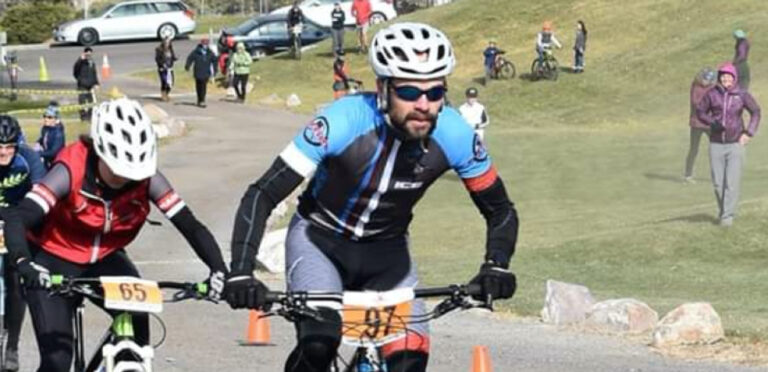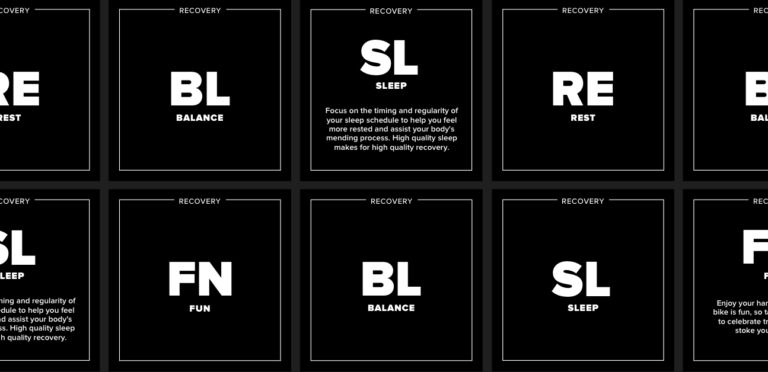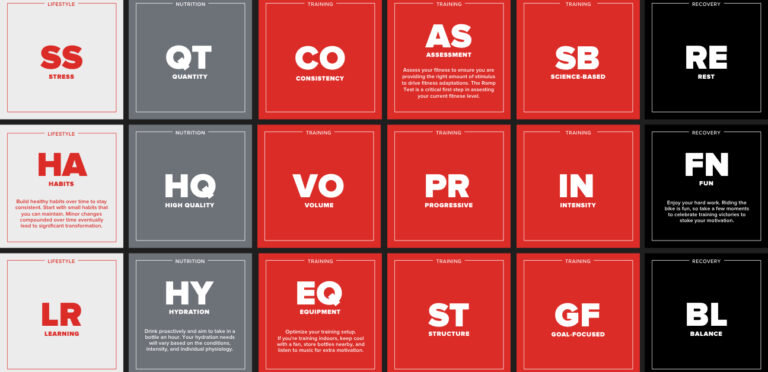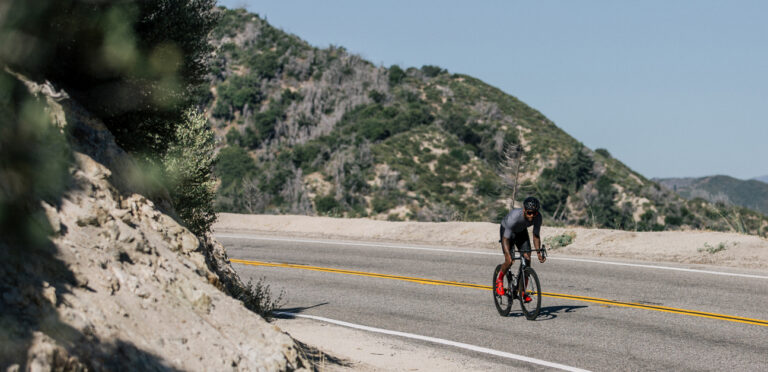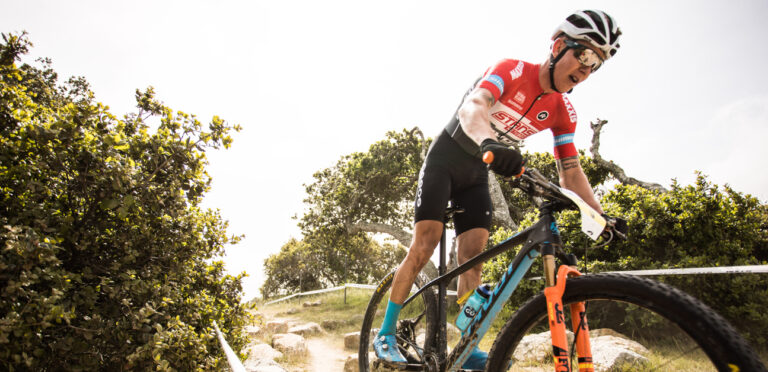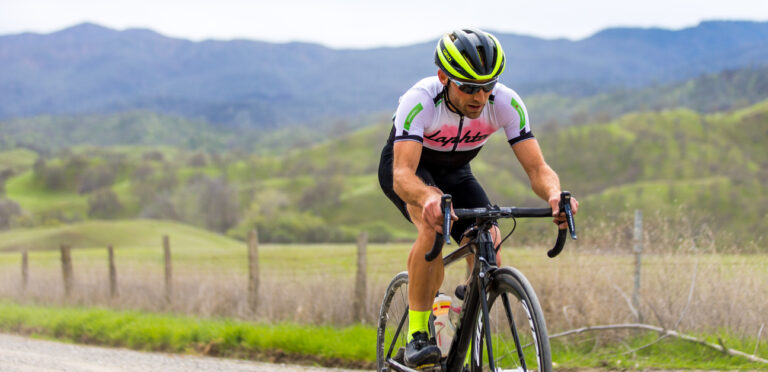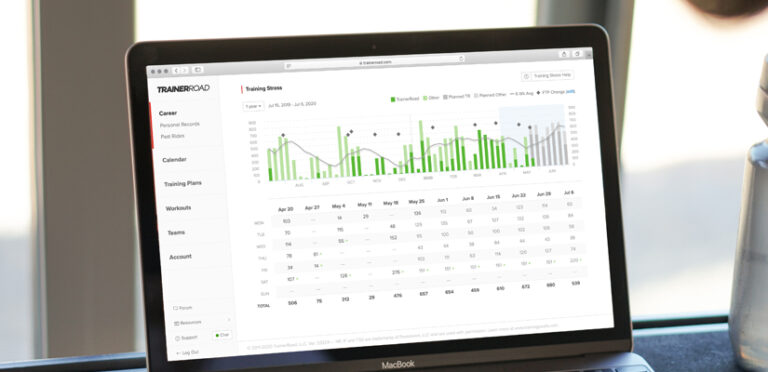Will Stinger went from dead last in a road race to fifth place in the longest one-day USAC race. Along the way, he raised his FTP 64 watts and suffered a terrible crash that he came back from even stronger. He did all this while balancing a demanding career as an OBGYN and married life with four children. Whether you want to race LoToJa or conquer a big ride, Will’s got some tips for you.
